China: reflexive days ahead?
Also, see Sweating and on the verge of tears: Chinese officials carry out self-criticism on TV
by Zhang Hong (South China Morning Post)
– – –
China officials slam themselves – on TV
Criticism session part of CCP’s self-cleansing campaign: Observers
Source – Straits Times, published September 28, 2013

Mr Xi has pledged to clean up the CCP by ridding its ranks of bureaucracy and extravagance. — PHOTO: REUTERS
IT WAS a made-for-television criticism and self-criticism show.
In an unprecedented move, China’s state broadcaster CCTV showed top officials of Hebei province criticising “impatient” superiors even as they admitted to overspending on things like official cars and lavish dinners.
Observers noted that the programme televised on Wednesday is a first, and shows the Chinese Communist Party (CCP) intensifying its “self-cleansing” campaign.
They also said other provinces might follow Hebei’s lead, and that the people would dismiss such “self-criticism” sessions as a mere show, unless errant officials were also taken to task.
Please click here to read the entire article at the Straits Times online.
Read the rest of this entry »
Filed under: 52 Unacceptable Practices, Beijing Consensus, Charm Offensive, Chinese Model, Communications, Corruption, Culture, Democracy, Domestic Growth, Economics, Education, Ethnicity, Finance, Government & Policy, History, Human Rights, Ideology, Influence, Media, Modernisation, Peaceful Development, Politics, Public Diplomacy, Reform, Social, Soft Power, Straits Times, Strategy, Tao Guang Yang Hui (韬光养晦), The Chinese Identity

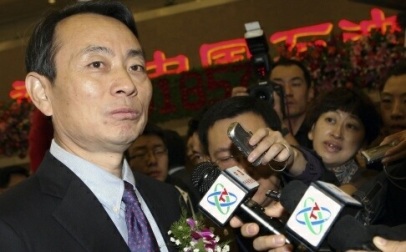


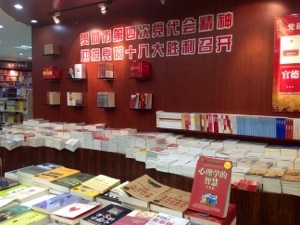
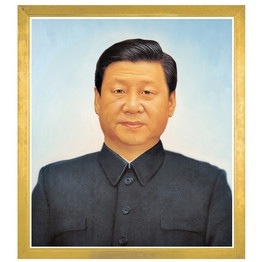
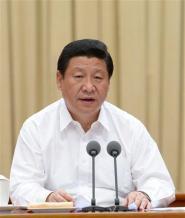





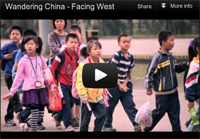

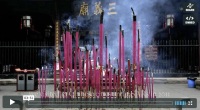



The Sharing Circle